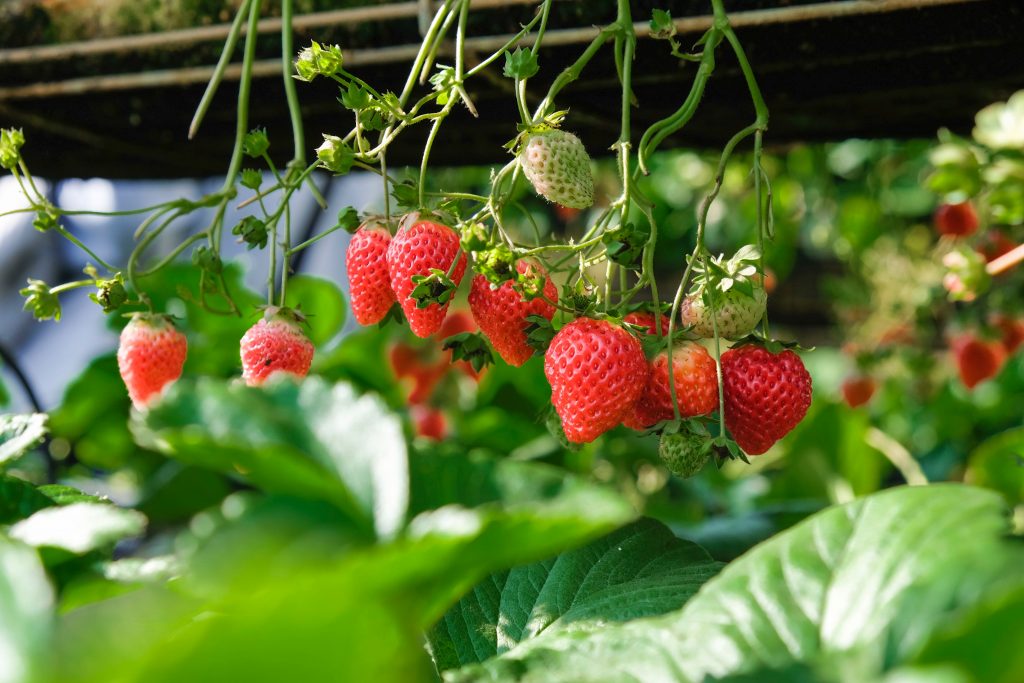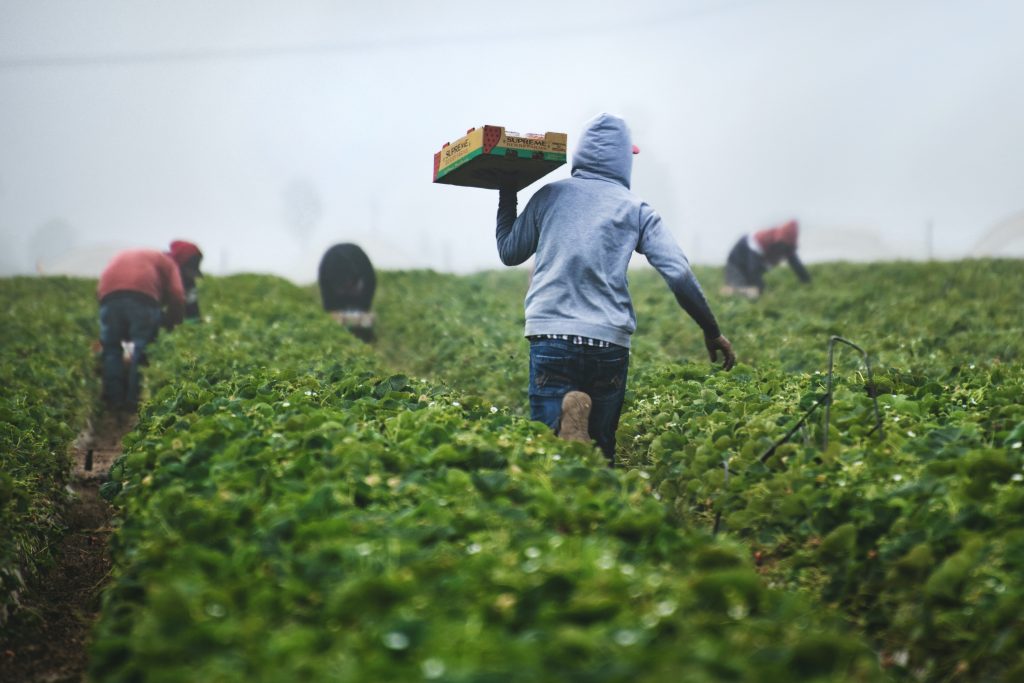Significance of Sustainable Agriculture
The connection between plastic and agriculture may not be immediately apparent, but it is more significant than one might think.
Plastics have become integral to modern crop cultivation practices, with their extensive use ranging from plastic-coated seeds to the application of mulch film. These plastic-based products have undeniably played a crucial role in enhancing crop yields and overall agricultural productivity.

According to Fermin Koop, in his article in ZME Science, he highlighted that amid the benefits provided by the use of plastic in plantation, there is a substantial drawback that cannot be ignored.
Following are the key highlights mentioned by him:
- Plastic pollution in strawberry production: The article highlights that the cultivation of strawberry crops is associated with a substantial release of plastic waste throughout the production process.
- Plastic mulch film usage: Plastic mulch films, which are commonly used in strawberry cultivation, help control weeds, conserve moisture, and enhance crop growth. However, these films also pose a significant environmental challenge due to their disposal and potential fragmentation.
- Plastic debris in soil and water: As the plastic mulch films degrade, they break down into microplastics that can accumulate in the soil and leach into nearby water sources, thereby contributing to plastic pollution in ecosystems.
- Environmental impact: The presence of plastic debris in agricultural environments can have detrimental effects on soil health, water quality, and overall ecosystem balance. Additionally, it raises concerns about the potential ingestion of microplastics by organisms, including humans, through the food chain.
- Sustainable alternatives: The article emphasizes the importance of finding sustainable alternatives to plastic mulch films in strawberry production. Researchers and agricultural experts are exploring options such as biodegradable mulch films and other eco-friendly materials to mitigate the plastic pollution associated with this industry.
- Need for awareness and action: Increasing awareness about the environmental impact of plastic waste in strawberry production is crucial. It is necessary for farmers, consumers, and policymakers to work together to find innovative solutions and adopt sustainable practices that reduce the use of plastic and its negative consequences on the environment.

Sustainable agriculture is a holistic approach to farming that prioritizes environmental stewardship, social responsibility, and economic viability. It involves practices that minimize environmental impact, conserve natural resources, promote biodiversity, and ensure the well-being of farmers and local communities.
Sustainable agriculture serves as a pathway towards a more resilient, environmentally friendly, and socially equitable agricultural system.
By adopting sustainable agriculture, we can safeguard the health of our planet, mitigate climate change, protect ecosystems, enhance food security, promote economic prosperity, and foster a more equitable and resilient agricultural system for future generations
In our conversation with Leena Dandekar, she discussed the importance of sustainable practices, in addition to he work done at Raintree Foundation, their programs of creating a watershed ecology, harnessing renewable energy and solid waste management and much more.


